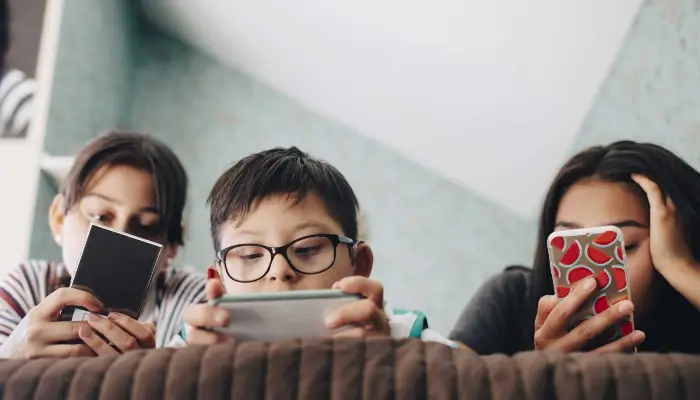Children’s screen time has long been a major concern for parents, who constantly worry about how to break their kids’ dependence on digital devices. However, a new study suggests that limited and guided use of screens may actually be helpful for children.
Researchers at the University of South Australia analyzed data from more than 133,000 children and adolescents. The study found that digital health tools—such as health apps, fitness trackers, and online programs—can improve children’s physical activity, diet, and overall weight.
Children who used any form of digital health tool engaged in 10 to 20 minutes of extra daily physical activity. They also ate healthier foods, including more fruits and vegetables, avoided high-fat meals, and gradually reduced their body weight and fat levels.
Some programs encouraged children to sit less, reducing sedentary time by 20 to 25 minutes a day. However, the study found no significant improvement in sleep patterns.
Researchers noted that different tools serve different purposes. Mobile apps were most effective in improving diet and weight management, while wearable fitness trackers helped reduce sitting time.
According to the researchers, teaching children to use beneficial digital tools from an early age can help them build healthy habits for life. They added that such tools should be introduced more widely in schools to encourage better lifestyle choices among young people.
They further said that guiding children in using digital health tools can not only enhance their physical well-being but also benefit them in the long run.
















